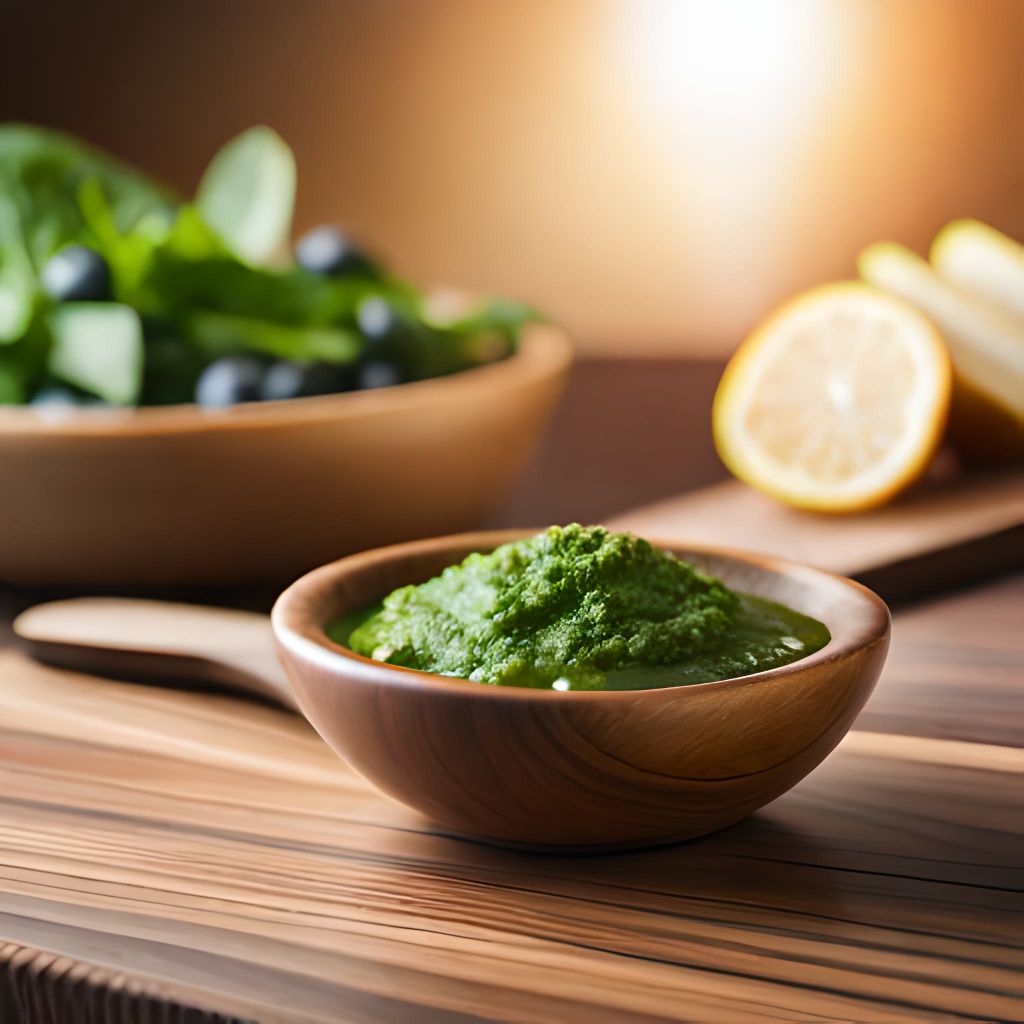Unravel the connection between diet and hair health. Discover how the right nutrition can nourish your locks, promoting shine, strength, and growth.
The Diet-Hair Health Connection
Have you ever thought about the role your diet plays in your hair health? Just like every other part of your body, your hair needs a balanced diet to grow and stay healthy. This article delves into the connection between diet and hair health, helping you understand how what you eat affects the lusciousness of your locks.
Why Nutrition Matters
Before we explore the diet-hair health connection, let’s understand why nutrition is vital for your hair.
1. The Building Blocks of Hair
Your hair is primarily made of a protein called keratin. To produce keratin, your body needs adequate protein intake.
2. The Growth Cycle
Your hair follows a growth cycle that includes a growth phase, a resting phase, and a shedding phase. Proper nutrition supports a healthy growth cycle.
Nourishing Your Locks: The Role of Diet in Hair Health
Here’s how your diet influences your hair health.
1. Protein Power
As the building block of hair, protein is crucial for hair growth and strength. Including protein-rich foods in your diet can help promote healthier locks.
2. The Might of Micronutrients
Certain vitamins and minerals, such as vitamins A, C, D, E, B-vitamins, iron, zinc, and biotin, play a significant role in hair health.
3. Healthy Fats
Omega-3 and Omega-6 fatty acids are essential for hair health, contributing to shine and elasticity.
Delving Deeper: Essential Nutrients for Hair Health
When it comes to enhancing hair health through diet, it’s crucial to understand the role of specific nutrients.
1. Biotin: The Beauty Vitamin
Biotin, also known as vitamin B7, is often touted as the ‘beauty vitamin’ for its significant role in hair and skin health. A deficiency in biotin can lead to hair thinning and hair loss.
2. Iron: The Hair Growth Mineral
Iron is vital for hair growth. It helps red blood cells carry oxygen to all cells in the body, including hair follicles. Iron deficiency, known as anemia, is a common cause of hair loss.
3. Vitamin D: The Sunshine Vitamin
Emerging research suggests that vitamin D plays a role in hair production. It’s believed to stimulate hair follicles, promoting hair growth. Vitamin D deficiency has been linked with hair loss.
4. Omega-3 Fatty Acids: The Healthy Fats
Omega-3 fatty acids are essential fats that your body can’t produce itself. They provide numerous health benefits, including promoting hair growth and adding shine and elasticity to your hair.
Incorporating Hair-Healthy Foods in Your Diet
Here are some foods you can include in your diet to improve your hair health.
1. Protein-Rich Foods
Include lean meats, fish, eggs, dairy products, and plant-based proteins like lentils and quinoa in your diet.
2. Iron-Rich Foods
Incorporate iron-rich foods like spinach, lentils, and red meat into your meals.
3. Foods High in Omega-3 Fatty Acids
Add foods like fatty fish, walnuts, and flaxseeds to your diet for a healthy dose of Omega-3 fatty acids.
4. Vitamin and Mineral-Rich Foods
Fruits and vegetables are packed with essential vitamins and minerals that support hair health. Opt for a colorful variety to ensure you’re getting a wide range of nutrients.
Savoring the Hair-Healthy Diet
Here are more FAQs to help you savor the hair-healthy diet.
1. Are there any foods I should avoid for hair health?
Foods high in sugar, refined carbs, and unhealthy fats can cause inflammation and might contribute to hair loss. It’s best to limit their intake.
2. Can drinking water improve hair health?
Yes, staying hydrated helps regulate the circulatory system, which feeds the hair follicle, promoting healthy hair growth.
3. Are there any quick-fix diets for immediate hair health improvement?
Hair growth and health is a slow process, and there’s no quick fix. A balanced, nutritious diet combined with patience and consistency is the key.
Untangling the Diet-Hair Health Connection
Let’s answer some commonly asked questions about diet and hair health.
1. Can a poor diet cause hair loss?
Yes, a diet deficient in essential nutrients can lead to hair loss. It’s important to maintain a balanced diet for optimal hair health.
2. How long does it take to see improvements in hair health after dietary changes?
Hair growth is a slow process, and it can take several months to notice changes in your hair after altering your diet.
3. Can supplements help improve hair health?
Certain supplements can aid in improving hair health. However, it’s always best to consult with a healthcare professional before starting any new supplement regimen.
Nourishing Your Way to Luscious Locks
Diet and hair health are interconnected, with the foods you consume playing a significant role in the lusciousness of your locks. By understanding the essential nutrients for hair health and incorporating them into your diet, you can nourish your way to healthier, shinier, and stronger hair. Remember, it’s not about overnight results but consistent efforts. Your journey to luscious locks is a marathon, not a sprint. So, take it one meal at a time, and let your hair reap the rewards of your nutritious diet.
Embracing the Diet-Hair Health Connection
The connection between diet and hair health is undeniable. By nourishing your body with the right nutrients, you can significantly improve the health and appearance of your hair. Remember, your hair is a reflection of your overall health. Feed your body well, and your hair will show the results. So, here’s to healthy eating and even healthier hair!
